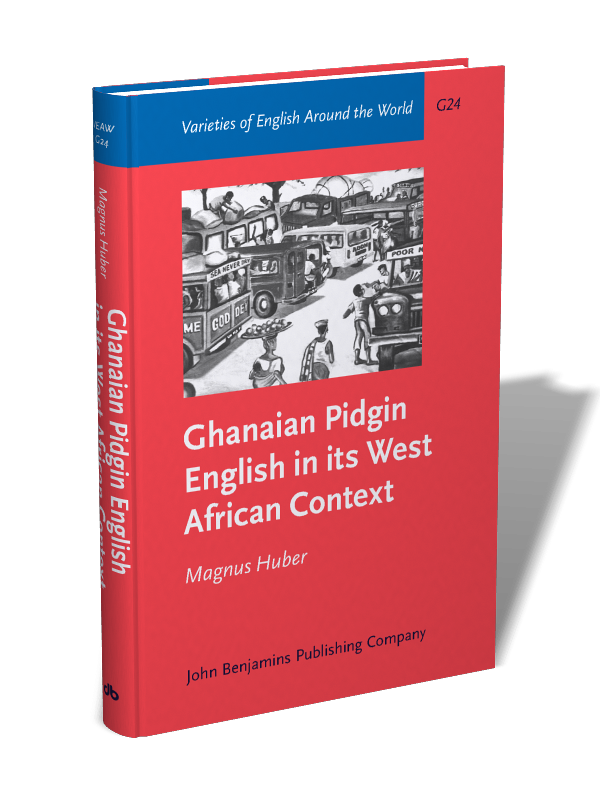


The formation of Ghanaian Pidgin English as it is today took place during British colonial rule in WestĪfrica.

The first textual attestationĬomes from a Royal African Company trader’s diary entry in 1686, reporting someĥ0 words of an Anomabu trader (see Huber 1999a: 40ff for a discussion of this Variable than today’s Ghanaian Pidgin English. Structurally, this early trade Pidgin English was considerably simpler and more Pidgin English, which came into being in the second half of theġ7th century, was the only contact variety that survived into the 20th century. The 18th century, long after the Portuguese had lost their supremacy on the The latter fell out of use only in the second half of Other European nations followed suit, and different pidgins developed alongside When the Dutch, and later the English, established themselves on the coast. Their trading monopoly lasted until the early part of the 17th century, In 1471, the Portuguese reached what soon came to be called the GoldĬoast. The main objective of early Afro-European contacts in West Africa In linguistically heterogeneous quarters in the southern cities.

Hausa, which was introduced to northern Ghana several generations agoīy traders from Nigeria, enjoys some status as a lingua franca in the North and The major languages Akan, Ewe,ĭangme, Ga, Nzema, Dagaare, Gonja, Kasem and Dagbani enjoy national language Per cent of the first languages of Ghanaians. Kwa languages thus account for at least 60 The major languages in terms of speaker numbersīelong to two branches of Niger-Congo languages: (1) the Kwa branch (southern Of the number of indigenous Ghanaian languages range from 50 ( Kropp Dakubuġ988: 10) to 80 ( Lewis 2009). Ghanaian, Nigerian, and Cameroonian varieties are descendants of Krio (seeīelow and Huber 1999a: 75–134 for details). Spoken in these countries can to a large part be explained by the fact that the 1 The many similarities between the restructured Englishes In Sierra Leone (the creole Krio), Ghana, Nigeria, Bioko and Cameroon. The West African Pidgin English continuum, which includes the varieties spoken Official language is English, which is predominantly used in formal contexts,Į.g. Modern Ghana is aĬoastal West African country and consists of Britain’s former Gold CoastĬolony, Ashantiland, the Northern Territories, and British Togoland. Ghanaian Pidgin English is used by roughly a fifth of Ghana’s overĢ5 million inhabitants (2012) in variety of situations.


 0 kommentar(er)
0 kommentar(er)
